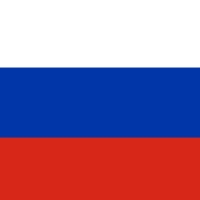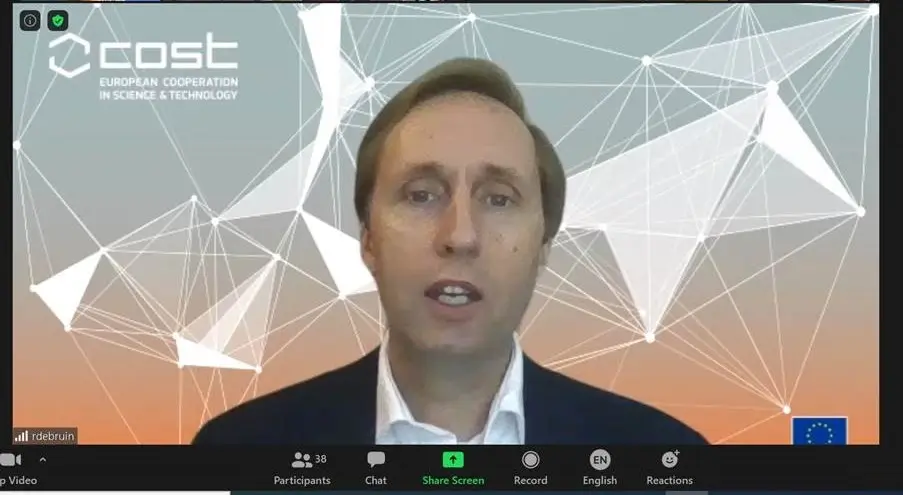The annual EU-Russia Joint Science & Technology Cooperation Committee (JSTCC) was held on Friday 5 June 2020. The event focussed on reviewing the implementation of flagship initiatives and joint priority projects, notably in the fields of research infrastructure, health, and civil aeronautics.
The meeting, which was co-chaired by Maria Cristina Russo, R&I Director for International Cooperation for the European Commission and Mikhail Romanovsky, Director of the State Scientific and Technological Policy Department of the Ministry of Science and Higher Education of the Russian Federation, highlighted the existing good level of cooperation between the EU and Russia in research and innovation.
During his statement, EU Director-General, Jean-Eric Paquet stressed the importance of science in underlining policy responses to tackling global challenges such as climate change and the COVID-19 pandemic. ‘Science has to be open and international’.
Global networking – Russian participation in COST
Since the beginning of Horizon 2020 Russian participation in COST activities has grown steadily, with individuals from the country now involved in 60-70 Actions annually. The COST programme has been designed to encourage Global networking ensuring people and ideas can grow and pockets of excellence are connected wherever they are found. Russia is one of COST’s 16 Near Neighbour Countries (NNCs), which means that researchers and innovators are able to participate in COST Actions and other activities, such as meetings, conferences, short term scientific missions and training schools.
One of the main aims of the meeting was to foster bilateral cooperation in human capital development, including researchers’ training and mobility. As part of this aim, ways to better exploit synergies with programmes such as COST were explored.
During his address on ‘Human Capacity Development’, Ronald de Bruin, Director of the COST Association, encouraged participants to “use COST Actions to build and extend your network in Europe and share your expertise on key topics in research and innovation”.
Meeting outcomes
Following the meeting, an operational orientation document outlining possible instruments and cooperation priorities, which could facilitate future cooperation under Horizon Europe is expected to be jointly developed. Further information can be found in the European Commission’s news story here.
Further links

